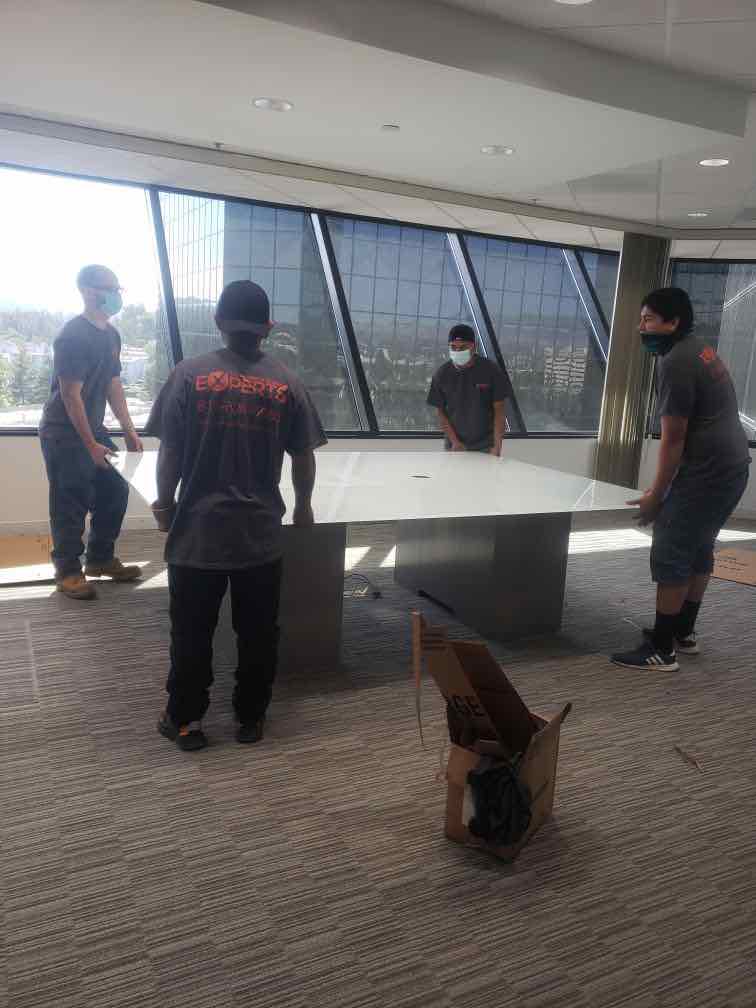Office Moving Tips
There are some steps that you should take to make the Office Moving process go smoothly. These include: ensuring that the internet, phones, and computer systems are setup correctly; arranging for IT services to be installed in the new location; and hiring professionals to set up all the necessary IT equipment. Additionally, it is vital to backup important data and documents to prevent the loss of these assets. Read on for more tips on Office Moving. If you’ve ever moved a business, you know how difficult it can be to move all the necessary items, from furniture to electronics.
Office Packing
Moving an entire office can be a complex and challenging task. It’s important that all of your office equipment and goods remain functional during the move, which is why it’s so crucial that you know exactly what to pack first. We start with any decorative items that don’t contribute to the day-to-day function of your business. If you have wall art, for example, it’s probably best to pack it up as well.
Label everything! Before we starting packing, make sure to label everything. You’ll need to take measurements of each room and note any differences. This way, you can be sure that your furniture will fit in your new office. A floor plan can help you determine how much space you have, so that you can label each box appropriately. During the planning phase, you should also make sure that all utilities are working properly. After all, you don’t want to start working in a cold, dark space.
Label all of your office furniture. Be sure to make labels that are both legible and visible so that they’ll be easy to identify and reassemble. This way, no one will be able to misplace an important item. Labeling is also important because it helps you keep track of the inventory, so that you can be sure that nothing gets lost. A final inventory of all of your furniture will help you make an accurate count and place all of your office furniture in the new location.
Moving Cubicles
Before relocating office cubicles, it’s important to prepare properly. You should pack cubicles with care, then we fully disassemble them to prevent damage during the move. In addition, we have experts that have years of experiences and the proper tools to disassemble and pack cubicles for the office move. Before you begin, assess the cubicles and their structure to determine how many panels you will need to remove. Note the number of panels you have to remove, and whether there are attached desks or shelving. If you don’t have the time to do this on your own, consider hiring someone us to help you.
Before you begin disassembling the cubicles, you should disconnect the electricity and the internet. If you are going to attempt to do this yourself, be sure to educate yourself on proper lifting techniques before attempting this process, or we can show you during your move.
To safely disassemble cubicles, loosen any bolts holding them to the floor connector rails. If there are no bolts, you can pry them off with a screwdriver or rubber hammer. If you don’t have time or inclination to do this on your own, hire an office moving company to do it for you. They will disassemble the cubicles, load them onto a truck, and provide reinstallation services at the new location.
Moving supplies for offices
For office moves we have our own selection of commercial moving supplies. Including a variety of specialized boxes and dolly options are available for moving office desks and furniture. These crates are made of high-density polypropylene (HDPE), which is durable and withstands tremendous stress. ECRATES(r) from New Haven are HIPAA-compliant and feature easy stacking and storage. Ergonomic handles and traction bottom surfaces provide ease of movement.
We can provide several types of cardboard and packing peanuts are also available, which can help you keep like items together. A good moving checklist will also include moving-specific plastic wrap. For instance, bubble wrap and packing blankets are ideal for protecting delicate items like computer monitors. For small items like desk chairs and filing cabinets, it’s sufficient to wrap them in stretch wrap. Avoid using packing tape, which can damage furniture finishes. It’s best to keep your supplies organized to ensure that your office remains functional and safe.

